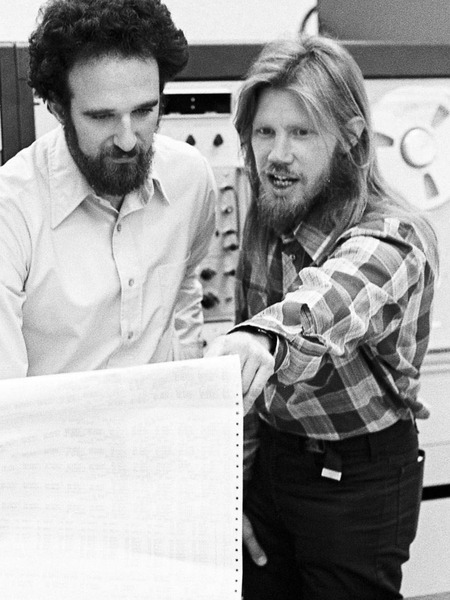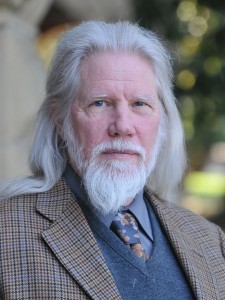Turing Award Goes to Cryptography Pioneer ’65
-
-
slice.mit.edu
Filed Under

Recommended
Caption: Back in 1977, Stanford’s Martin Hellman, left, and Whitfield Diffie, developed public-key cryptography. Photos: Stanford University.
Public-key cryptography, developed decades ago, is still cutting-edge technology and every day makes secure online transactions possible. The lasting value of that discovery, made by Whitfield Diffie '65, former chief security officer of Sun Microsystems and Martin E. Hellman, professor emeritus of electrical engineering at Stanford University, earned them this year’s A.M. Turing Award. They will receive the 2015 award from the Association for Computing Machinery (ACM) on June 11, 2016.
While working at Stanford, Diffie and Hellman introduced the ideas of public-key cryptography and digital signatures in their groundbreaking 1976 paper, “New Directions in Cryptography.” Their ideas, which are the foundation for most of today's Internet security protocols, protect transactions with banks, e-commerce sites, email servers, and the cloud.
The ACM description of their contributions offer more detail:
“…. Diffie and Hellman presented an algorithm that showed that asymmetric or public-key cryptography was possible. In Diffie and Hellman's invention, a public key, which is not secret and can be freely distributed, is used for encryption, while a private key, that need never leave the receiving device, is used for decryption. This asymmetric cryptosystem is designed in such a way that the calculation of the private key from the public key is not feasible computationally, even though one uniquely determines the other.”

A Stanford News article describe their tussle with the National Security Agency (NSA) which, in the 1970s, was developing and classifying their own cryptographic research. The NSA attempted to limit the use of their discovery in efforts dubbed the crypto wars. Diffie and Hellman won.
Long an advocate of the right of individuals and businesses to use encryption, he and his coauthor, Susan Landau PhD ’83, wrote Privacy on the Line, the Politics of Wiretapping and Encryption, which as published by MIT Press in 2007. Download the free, updated book for their take on the social function of privacy and the national security, law enforcement, commercial, and civil liberties issues related to encryption.
Honors for Diffie, a Sun fellow, include ACM’s Paris Kanellakis Theory and Practice Award, the Marconi Prize, and the IEEE Richard W. Hamming Medal. He has authored more than 30 technical papers and testified before Congress several times on cryptography policy.
The award, named for the British mathematician and computer scientist Alan Turing, is considered the equivalent of the Nobel Prize for computing sciences and comes with a $1 million cash prize.







